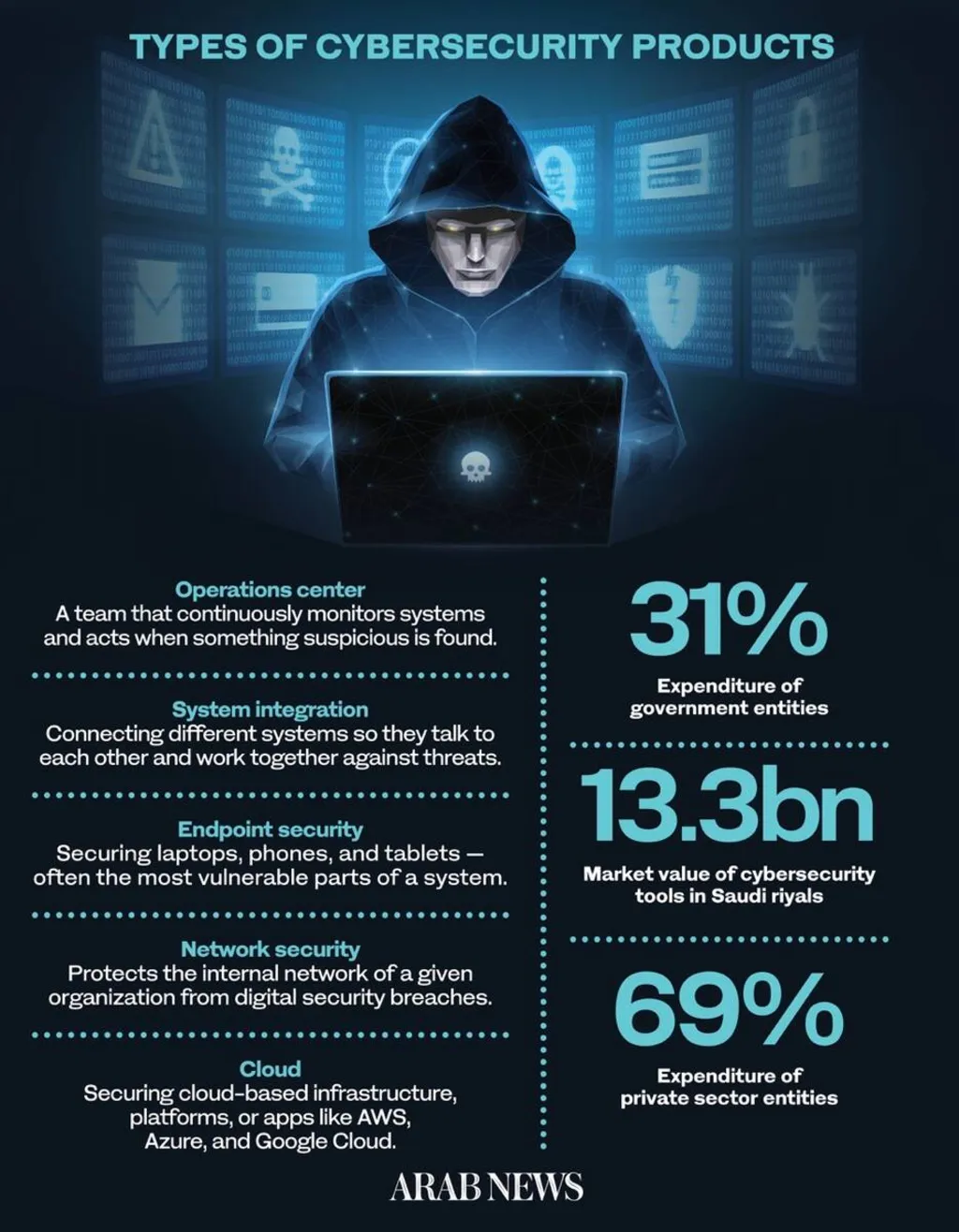SR13.3 Billion Later: Saudi Arabia’s AI-Powered Cybercrime Response
In 2023, Saudi Arabia invested SR13.3 billion ($3.5 billion) into cybersecurity infrastructure—a signal that the Kingdom isn’t just modernizing, it’s fortifying. As generative AI rapidly reshapes fraud tactics, Saudi Arabia is mounting a multi-layered defense that blends investment, education, and intelligent tools to safeguard its digital ecosystem.
AI Targets Modern Threats: Phishing, Deepfakes, Voice Cloning
At the core of the Saudi Arabia cybercrime AI response lies proactive containment of AI-assisted threats. Phishing scams now mimic brands with surgical precision. Deepfake videos hijack Zoom calls, while cloned voices impersonate executives and family members. These aren’t futuristic hypotheticals—they’re happening in real time.
To counteract, Saudi Arabia leverages AI detection models that parse linguistic nuance, detect visual inconsistencies, and monitor real-time user behavior for fraud signals. These systems are trained to spot manipulation tactics that traditional security solutions often miss.
National Toolkit & Portal: AI Embedded in Saudi Cyber Infrastructure
The National Cybersecurity Authority (NCA) has launched a full-fledged Cybersecurity Toolkit—available in Arabic and English—designed to elevate both public and private sector cyber-readiness. AI plays a central role in automation, pattern recognition, and threat prevention across network layers.
Complementing this is HASEEN, Saudi Arabia’s national cybersecurity portal, which centralizes services and policy management. From real-time monitoring to compliance auditing, AI integration makes the portal a frontline defense engine.
Training Talent: CyberIC Program Builds Homegrown AI Defenders
Saudi Arabia understands that sustainable defense isn’t just about software—it’s about people. That’s why the CyberIC Program focuses on cultivating local cybersecurity expertise. Trainees are equipped with skills in AI-powered threat modeling, behavioral analytics, and incident response.
This initiative not only fuels domestic capability but ensures that AI-enhanced tools are calibrated for Saudi-specific infrastructure and linguistic context—an often-overlooked variable in digital defense.
Tech Stack Evolution: Microsoft Tools Block $4B in AI Fraud
Saudi’s private sector, especially partners like Microsoft, are actively contributing to this AI response. Over the past year, Microsoft’s cyber platforms blocked $4 billion in fraud attempts and stopped 49,000 fake partnership enrollments using AI-powered infrastructure.
Solutions like Microsoft Entra and Defender for Cloud now integrate Zero Trust policies—no entity is trusted by default, human or machine. Combined with typo protection, scareware blockers, and real-time domain validation, these features create a high-friction environment for scammers.

Awareness Still Wins: Spotting AI Fraud Before It Hits
Despite the tech, behavioral awareness remains critical. Saudi Arabia’s National Cybersecurity Awareness Campaign educates citizens about signs of manipulation—generic greetings, overly formal language, countdown pressure tactics, and lip-sync glitches.
The message is clear: In an era of synthetic fraud, intuition is a weapon. Users are urged to double-check communications across channels, especially when financial transactions are requested.
Also Read: Saudi AI Infrastructure Scaling at 30.5% CAGR by 2030







